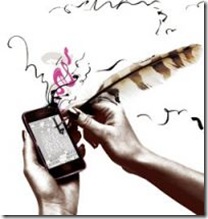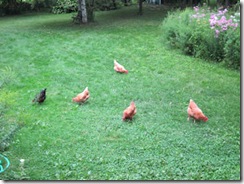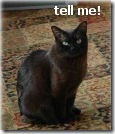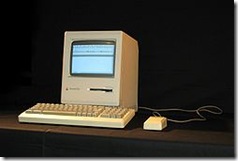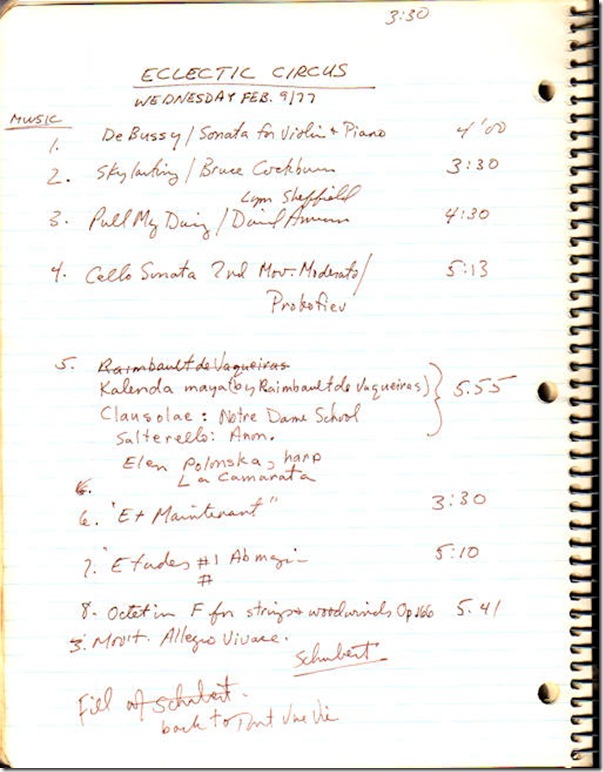Many years ago I worked in a Forensic Psychiatric Unit in a hospital. Our primary function was to assess the mental stability of people charged with criminal offenses. They were sent to us at some point during their voyage through the legal system by an officer of the court, a judge or a lawyer, to determine their fitness to stand trial or their dangerousness or their sanity. We saw every possible combination of mad and bad. For example some of them who had been charged with very violent crimes were sane as rain. Others, charged with public mischief, were utter lunatics and of course the place where these two groups intersected was where you really had to watch your back (side) especially if you were alone in a room with them.
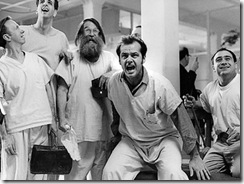
Now there were lots of us doing this work but we were not all members of the same club. There were nurses, social workers, psychologists, psychiatric assistants, correctional officers, and psychiatrists. The latter group teetered dangerously at the top of this menacing totem pole in terms of their salaries and their power in the joint . This included their power over the clientele.
When we were not seeing patients or in meetings, we wrote and wrote and wrote. Every time any one of us saw somebody, we had to file a report somewhere. These were usually handwritten and sometimes they got typed and all went into the patient’s file. The final report, a supposed amalgamation of all the prior reports was the one that accompanied the accused back into the court system and it was almost always written by a psychiatrist who was often called into court to testify.
Perhaps the most dangerous men and women we assessed suffered from major mental illnesses such as paranoid schizophrenia and acted out their delusions particularly when they were not on medication. Most were- but not everyone and not always. If you were a nurse or psychiatric assistant or correctional officer you would be pulling eight hour shifts on the unit and there was a good chance you would be present during someone’s emotional escalation or altercation with another. There was a pretty good chance that they might take a swing at you or something more original. I remember one extremely paranoid young woman, charged with murder, who became very agitated and in the process of being physically restrained by six staff members bit a rather unpopular male head nurse in the left buttock. He did have a rather firm smallish rear end somewhat resembling two apples which was shown to great advantage by tight pants.
Those not on the front line: social workers psychiatrists, psychologists, had the luxury of brief intermittent contact. Even the most agitated character, could keep it together for half an hour . That being said it didn’t stop them from taking the occasional swing at one of us even though it was not in their best interests. In my mind clinical skill was inversely proportional to the number of times you were successfully assaulted. If you were good at your job you could usually tell when your guy or gal was getting hot under the collar either because they were tired of stupid questions or ink blots or because the ghost of jack the ripper has begun to nudge them in the ribs- time to cut the interview short- “We’ll have to continue this next Thursday!”
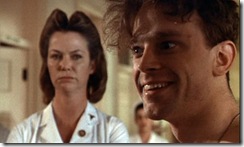
The other skill was not looking too weird. Paranoids are very fond of seeing evil portents. Year after year there was a psychiatrist that I will call Hamish who topped the list for most pummeled. He was not a bad fellow and although not the most sensitive he was knowledgeable of his field. He was also extremely eager to have murderers on his case load. Unfortunately his mode of dress and demeanor did not underscore his authority or power . He was careless with his glasses which were often broken so he taped them together and sometimes wore a folded up kleenex between his glasses and his ear. I never knew why. His pants rarely reached his ankles and unwittingly he wore the same prison issue running shoes with his polyester dress pants as those whose fates were in his hands. Perhaps his most unfortunate choice of adornment was ink. He wrote on his hands. He wrote phone numbers, names, addresses , grocery lists or other reminders. Once he wrote something on his body I’m sure he became oblivious to it till he needed the information.

Most people tend to be vigilant when they are being evaluated by someone who has power over them . If you happen to be incarcerated and suffer from a paranoid thought disorder this vigilance intensifies – greatly. My guess is that Hamish’s hands became a set of instructions possibly a call to arms. Perhaps the words Schwartz, Milk and Dry Cleaning became a code to some troubled mind that Hamish was a covert assassin and must be stopped before he could kill again. Perhaps the writing on his hands was unrelated to the violence visited upon him. Maybe patients were simply annoyed at the Kleenex over his ear. I’ll never know for sure.
But ever since I worked there, I never write on skin.



